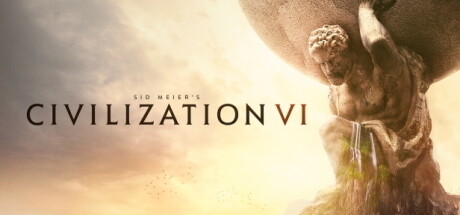TylertheDestroyer
Warlord
- Joined
- Jun 12, 2025
- Messages
- 132
Assuming this is a combination that actually happens ingame (and I'm being charitable, because Poland . . . isn't in) . . . this would be something the player chooses.
Player choice is good. If this isn't something you'd ever choose, then that's the system working as intended. Unexpected; jarring transitions are less good (bad, even). I've often asked if improving that transition itself would help at all. People often say "no", because their problem doesn't seem to be the transition itself. Their problem seems to be that civs "evolve" at all. Which is hilariously ahistorical!
What's hilarious is you trying to hold up a nonsense system where immortal Harriet Tubman's civilization suddenly and arbitrarily morphs from Ancient Eygptians to Arabs to Subsaharan Africans on the other side of different continent as any more historical than previous civs.
Nonsense civ evolutions, detached leaders, and jarring transitions are all problems that compound in this game being an absolutely flop
So what do the devs choose? Ahistorical option A, or ahistorical option b?
The answer is, of course, "the one I want". But that gets tricky when you have hundreds of thousands of fans, and these design decisions need to be locked in months before the release of a game.
They choose the option that has been how every Civilization in the past has worked and not with the divisive and poorly designed mechanic which was loudly lambasted by the fanbase before they decided to release and which caused their game to flop and have less players than a 15 year old preddesecor in the same series and required them changing the tagline of the entire series to justify
Last edited:




